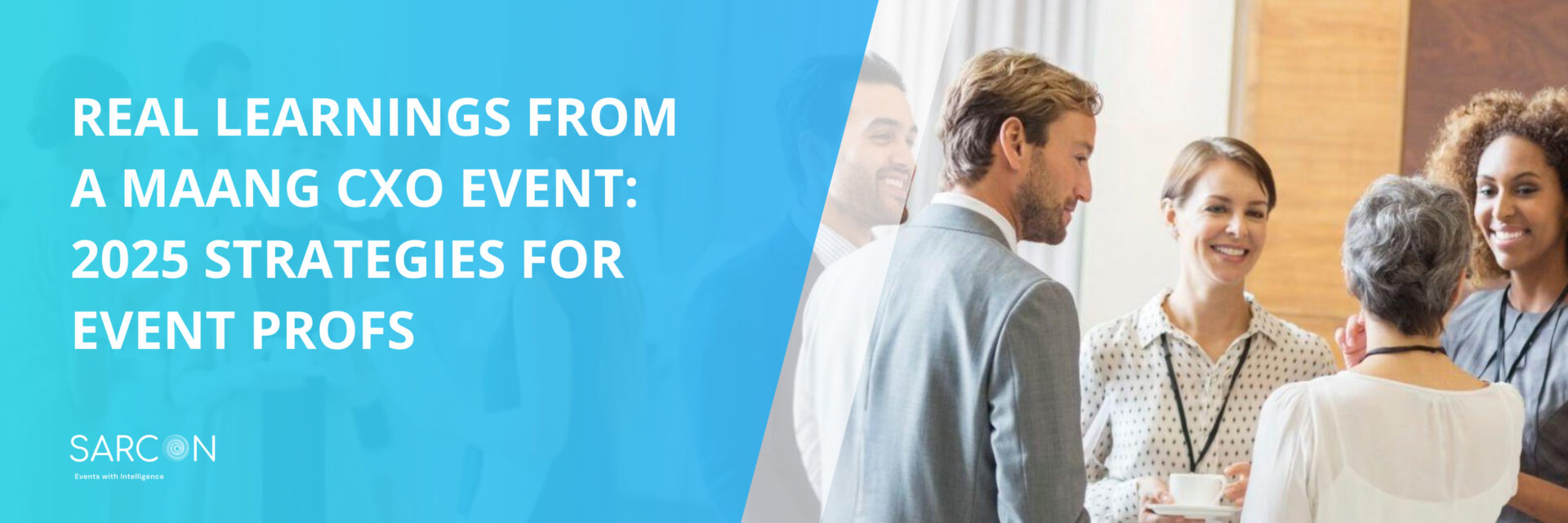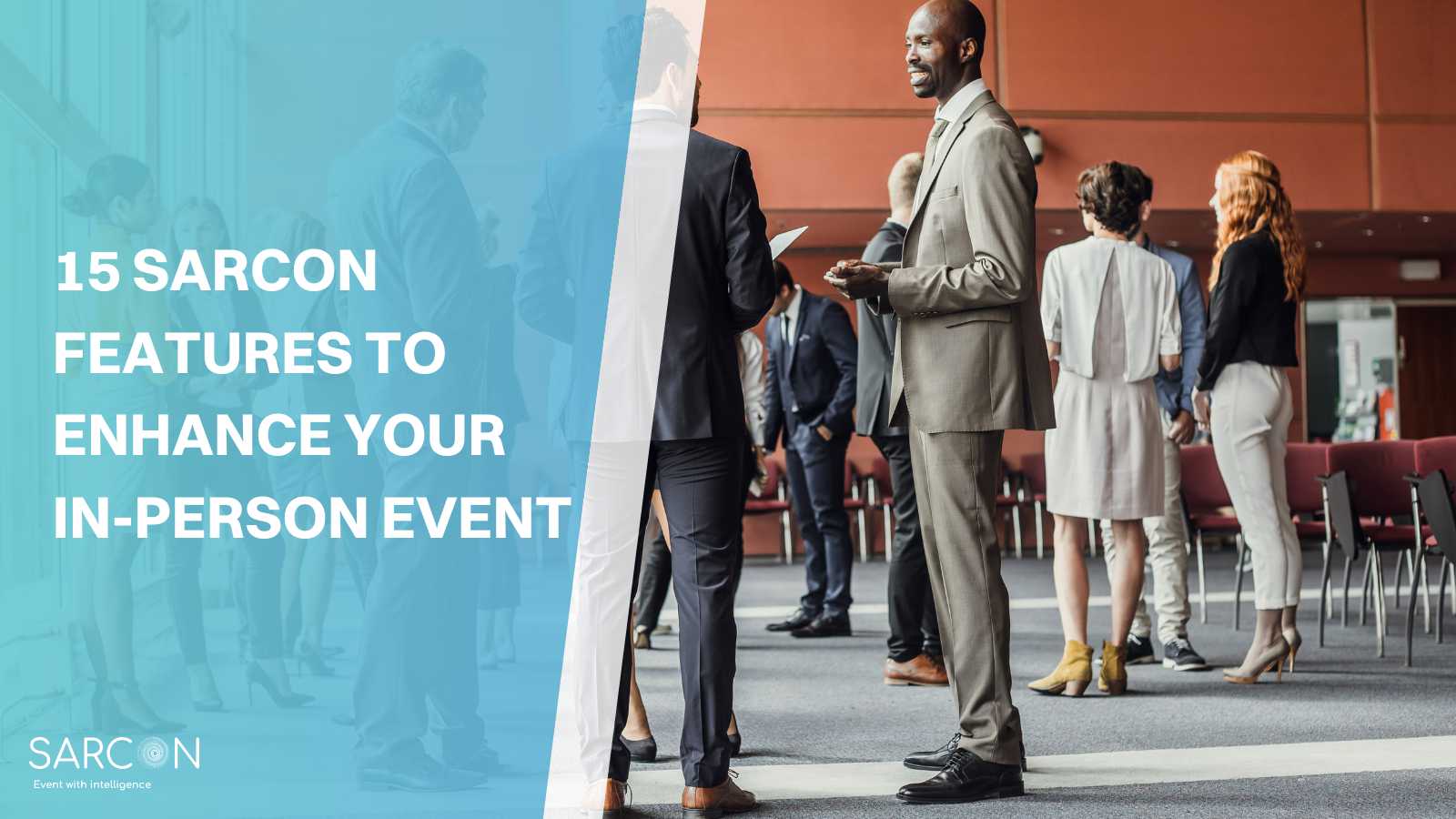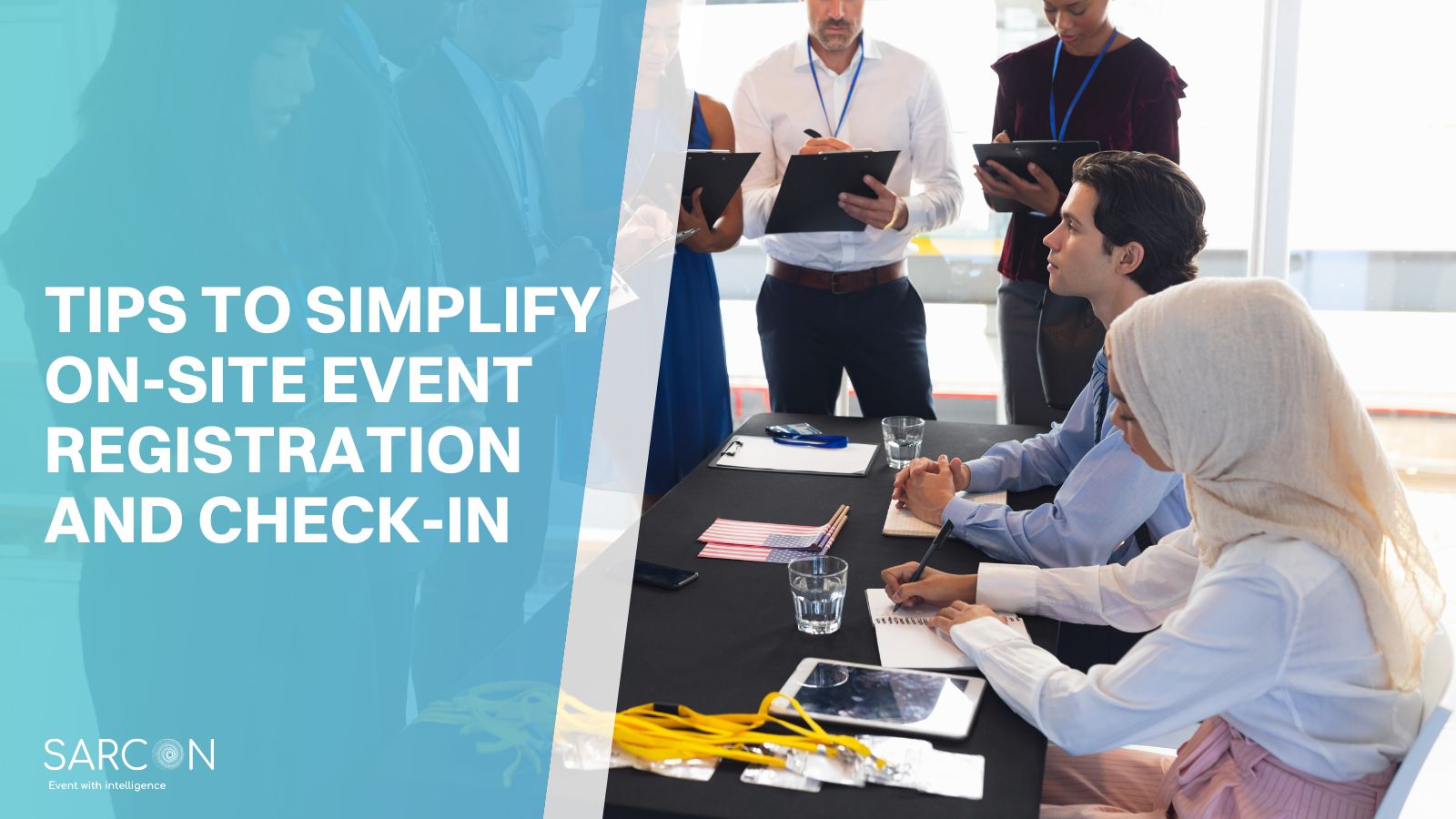As an event planner, you know the importance of keeping your audience engaged. But in 2023, it’s going to take more than the same old tactics to wow your attendees. That’s where we come in! In this guide, we’ll share our top secrets for creating truly unforgettable events. From in-person extravaganzas to virtual gatherings, we’ve got the insider tips you need to keep your audience engaged and excited. Are you ready to take your events to the next level? Let’s get started!
Event Engagement – what it is, and why it matters
When you’re planning an event, engagement is key. Getting people to actually show up is one thing, but getting them to participate and enjoy themselves is another. That’s why event engagement is so important.Engagement can be defined as “the state of being interested or involved.” In the context of events, it is the process of making sure that attendees have a positive experience at an event and are motivated to take action afterward. This can be achieved through a variety of means, such as providing interactive activities, offering informative content, and creating an overall atmosphere of excitement and anticipation.
Event engagement is important not only for the success of the event itself, but also for the continued growth and engagement of the event’s attendees. By ensuring that attendees have a positive experience, event organisers can build brand loyalty and create repeat customers. Additionally, event engagement can help to generate word-of-mouth marketing for future events. Ultimately, event engagement is about creating an enjoyable experience for attendees that will leave them wanting more.
Why does event engagement matter?
Event engagement is a measure of how engaged attendees are with the event content and activities. Every year, businesses spend billions on acquiring and analysing this data from all of their primary marketing channels. Event organisers seek high levels of engagement because it offers immediate, actionable insight, moreover, attendees are more likely to remember the event, talk about it afterwards, and come back for future events.
If the content is interesting and relevant, attendees will be more likely to pay attention and get involved. Therefore, event organisers should focus on creating a well-rounded program that will keep attendees engaged from start to finish.
Strategies to improve Audience engagement : Before, During, and After
Pre-event engagement ideas
In order to ensure a successful event, it is important to begin engaging with your audience well in advance. There are a number of ways to do this, depending on the type of event you are planning. For a virtual event, you might consider creating a dedicated event website or social media page where attendees can go for information and updates. You can also use these platforms to run promotional campaigns and quizzes, or to host virtual meet-and-greet sessions with speakers and performers.
If you are planning a hybrid event (with both in-person and virtual components), you will need to take a two-pronged approach. In addition to promoting your event online, you should also reach out to local community groups and businesses to help spread the word.
And finally, if you are planning an in-person event, don’t forget to send reminders prior to the event and have a dedicated team to manage logistics on the event day.
Event engagement During the event
There are many strategies that event planners can use to improve engagement during an event. For virtual events, this may include using breakout rooms for smaller group discussions, incorporating gamification elements, and providing opportunities for networking. For hybrid events, which combine virtual and in-person elements, planners can take advantage of technology to create more interactive experiences. This may involve using augmented reality or virtual reality to give attendees a more immersive experience, or using live-streaming to connect remote participants with the event.
In order to ensure high levels of engagement during virtual and hybrid events, it is important to consider the following factors
- The overall experience should be positive and enjoyable for all attendees. This means ensuring that the event platform is user-friendly and easy to navigate.
- The agenda should be carefully curated to balance between virtual and in-person components. Too much time in either one can lead to attendees becoming bored or overwhelmed.
- When hosting an event, it is important to ensure that attendees are engaged throughout. There are a number of strategies that can be used to improve engagement, whether the event is virtual, hybrid, or in-person. One way is by incorporating polls, Q&A sessions, and breakout rooms in the agenda.
- There should be ample opportunities for networking and socialising. It is important to create a sense of community among attendees. This can be done through scheduled breaks, virtual happy hours, or other informal gatherings.
By taking these considerations into account, event planners can increase the likelihood of virtual and hybrid event success.
Post-event engagement
It’s not enough to simply hold an event – you also need to make sure you’re engaging with your audience afterwards. Post-event engagement is essential for building relationships, gathering feedback, and keeping people interested in your brand or organisation.
There are a few key things you can do to make sure you’re staying connected with your audience after an event.
- Follow up with attendees via email or social media. Thank them for coming, and invite them to stay involved by sharing photos and comments about the event.
- Use post-event surveys to collect feedback and get ideas for future events.
- Make sure you’re promoting upcoming events and sharing information about how people can get involved. By staying engaged with your audience, you’ll be able to keep the momentum going long after your event is over.
Measuring Audience Engagement to Show Event Success
Measuring event engagement is essential to understanding whether your event was successful. There are a number of factors to consider when measuring engagement, including the type of event, the format of the event, and the audience.
For virtual events, engagement can be measured by the number of attendees, the level of interaction during the event, and post-event survey results. For hybrid events, engagement can be measured by both virtual and in-person metrics. And for in-person events, engagement can be measured by survey results, attendance numbers, and on-site interactions. By understanding how to measure event engagement, you can ensure that your next event is a success.
1. How to Engage Present Day Audiences
Events have changed quite a bit in the last year. What used to be in-person gatherings are now either fully virtual or hybrid events. And while some may think that this means presenters can ditch their engaging abilities, that couldn’t be further from the truth. In fact, now more than ever, it’s important to know how to engage audiences in a virtual or hybrid setting. Here are some tips on how to do just that.
2. Make sure your event website is mobile-friendly
When it comes to hosting any event, a large part of the success depends on its visibility and outreach. And in today’s world, where almost everyone is glued to their phones and tablets, what better way to ensure your event has maximum engagement than by ensuring that your website is optimised for mobile devices. So don’t risk losing potential guests because of an outdated website – make sure you have one optimised for mobile access before you launch your event. With a well-designed mobile website you’ll be able to get the word out while impressing everyone at the same time!
3. Live poll and Q&A sessions in your virtual event
Every presenter strives to create an event that resonates with their audience. One way to do this is through the use of live polling and Q&A sessions. By giving attendees an opportunity to provide real-time feedback on topics being discussed, presenters can ensure that their content is meeting their audiences’ needs. Live polls also come in handy when trying to break the ice or find a consensus on a subject. They foster an atmosphere of open dialogue and collaboration between attendees.
Plus, they can be used to gather demographic data, allowing presenters to target the material more accurately and produce more meaningful results. For these reasons and more, integrating live polling into your next event could prove beneficial for all parties involved. Not only will it encourage active engagement from participants, but it could help presenters gain valuable insight into what their audiences are looking for. And ultimately, this could result in a more successful outcome—one that truly captures the attention of those attending and leaves them wanting more!
4. Create event hashtags to increase engagement
If you are planning an event and want to build an online community around it, creating a hashtag is the way to go. It’s a great tool for promotion, providing an easy way for people to search for information about the event on social media. The best hashtags are short, memorable and clearly capture what your event is all about. They should also be inclusive of everyone who might be interested – that means making sure it will work across multiple languages and cultures.
Once you’ve chosen your hashtag, promote it widely so that news spreads quickly. Let everyone attending know ahead of time, as well as anyone else who may be involved in promoting or organising the event. Encourage attendees to use it when they post their own photos or thoughts about their experience – this allows you to get inside the heads of your guests, understand what they’re thinking and responding to and ultimately capture even more value from each attendee’s unique perspective.
5. Gamify your event
Everyone loves games – they’re exciting and engaging, and they provide a great way to get people interacting with one another. That’s why gamification is becoming increasingly popular when it comes to running events. If you want to ensure your guests have an unforgettable experience, you could use gamification to introduce more competition and cut through event fatigue. Gamifying your event doesn’t have to be complicated; any activity that makes participants compete against each other or work together can be considered a game, from trivia contests to scavenger hunts. You can also leverage technology by incorporating augmented reality, mobile apps, and digital gaming tools.
6. Provide Networking opportunities
In this age of virtual events, it’s more important than ever to provide opportunities for your attendees to connect with each other and with the speakers/presenters. An interactive experience helps foster deeper engagement with the material and can add an extra level of energy and enthusiasm to the event. There are many ways to create moments of interaction. Breaking large groups into smaller virtual ‘rooms’ gives attendees a chance to share their thoughts, ask questions, and even share a joke or two. You can choose platforms that offer business card exchange and quick networking zones like the Sarcon platform.
Conclusion
There are so many possibilities, but however you choose to proceed, remember that providing your guests with interactivity is one of the best ways to create a successful virtual event! Event planners who want to create an engaging and successful event should start by establishing clear goals for audience engagement and developing a strategy to achieve them. They should also focus on creating a strong event brand that will resonate with attendees.
Technology can be used to enhance the attendee experience, and event organisers should make sure their event is well-organised and easy to navigate. Finally, they should appeal to all five senses to engage attendees’ emotions and encourage audience participation and interaction. By following these tips, event planners can create an unforgettable experience for their guests.



